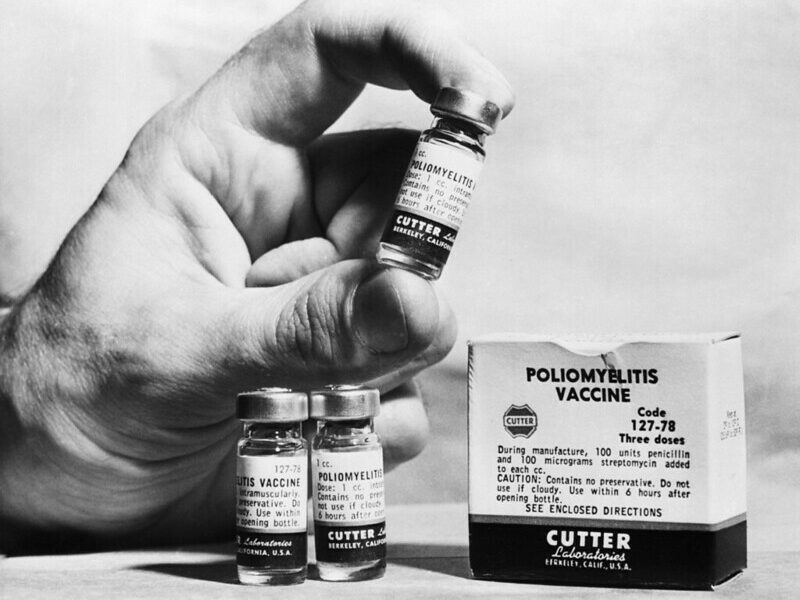The European Union is considering lifting the embargo on 15 varieties of Egyptian seeds and beans after a delegation was sent to Egypt to investigate current food safety of seed supply following an E. Coli outbreak in Germany and France linked to seed sprouts originating from Egypt.
In early July, the European Commission had placed a ban on fenugreek and certain seeds, beans and sprouts imported from Egypt until October 31 of this year following the European Food Safety Authority (EFSA) report concluding that a batch of fenugreek seeds originally supplied from Egypt was the most likely link between the E.Coli outbreaks in Germany and France.
In its most recent update released on July 22 by the World Health Organization, the number of newly reported cases of haemolytic-uraemic syndrome (HUS)/Enterohaemorrhagic E. coli (EHEC) connected to the ongoing E. coli outbreak in Europe had dropped as the death toll reached 50 fatalities (34 from HUS, 16 from EHEC). Cases associated with the outbreak originating in Germany since early May have been reported in 13 countries in the European Union, the United Kingdom, Canada and the United States Of the 4,075 reported cases of HUS and EHEC, 3,935 infections occurred in Germany including 857 individuals suffering from a serious complication that could possibly lead to kidney failure. Contaminated sprouts were to blame for infections originating in Germany.
Officials in France announced on June 24 that a similar cluster of E. coli O104:H4 infections were found in Bordeaux. Those newly infected individuals claimed consuming locally grown sprouts, which were pinpointed as the most likely source of infection.
Numerous laboratory-confirmed cases have indicated that the specific strain of bacteria responsible for the outbreak produces Shigatoxins and belongs to the bacteria group called Shigatoxin-producing E. Coli (STEC), a rare strain of bacteria that can damage blood cells and the kidneys resulting in haemolytic-uraemic syndrome (HUS). STEC infections are characterized by chief symptoms including bloody diarrhea, stomach cramps and vomiting after an incubation period of usually 3 to 4 days (ranging from 2 to 10 days) after exposure to contaminated food or contact with individuals with STEC infection or HUS.
Although most people recover within 5 to 10 days without specific treatment, WHO recommends avoiding antibiotics and antidiarrhoeals for individuals with EHEC infections because such treatments have been reported to increase complications. Individuals with cases of bloody diarrhea from consuming raw vegetables or uncooked meat and/or have traveled to Germany during the incubation period since early May should seek medical attention and not self medicate. Patients with severe HUS resulting from toxins entering the blood stream from STEC infections need medical attention, as blood transfusions may be necessary. Early signs of HUS include infrequent or lower volume of urination, fatigue and pale skin and serious cases of HUS require dialysis and can be fatal. While HUS resulting from STEC infections is typically observed in children and the elderly, the current outbreak has afflicted mostly adult females aged 20 years or older.
While most forms of E. coli are harmless with some strains that reside in the lower intestine of humans and animals, several strains are pathogenic to humans and/or animals. E. coli is usually transmitted via the fecal-oral route and includes transmission by consumption of contaminated and/or undercooked food, unhygienic food preparation, irrigation with contaminated water and use of contaminated fertilizer. Even though the initial suspects of contaminated foods included cucumbers, tomatoes and lettuce, German authorities investigating the outbreak have indicated bean and seed sprouts as the vehicle for the rare E. coli strain O104:H4.
German authorities focused on one suspect farm in Lower Saxony located south of Hamburg, which produced various types of sprouts that distributed to food establishments where consumers ate food and became sick. Scientists of the National Reference Laboratory for Escherichia coli at the Federal Institute for Risk Assessment (BfR) confirmed that the results of raw sprouts contaminated with EHEC O104:H4 were identical to strains isolated from ill patients. In an EU audio-conference on June 10, authorities announced that sprout products from this farm were distributed to 5 federal states in northern Germany, where disease clusters were detected. During the investigation, consumers in Germany were advised to avoid consuming raw sprouts from the markets or home-grown and strongly recommended to adhere to good hygienic practices when preparing and handling food and caring for ill individuals. Since the farm had been closed and its sprout products had been removed from store shelves and restaurants, the number of new cases decreased significantly. And in late July, the outbreak in Germany was officially over as no further new cases were reported.
Since the EU delegation found no signs of E. Coli contamination in seeds during their visit, Egypt remains hopeful that the EU will consider lifting the ban on its seeds sooner than October 31. Last week, the Ukraine had lifted its embargo on Egyptian seeds and vegetables, giving Egypt hope that the EU will soon follow.
